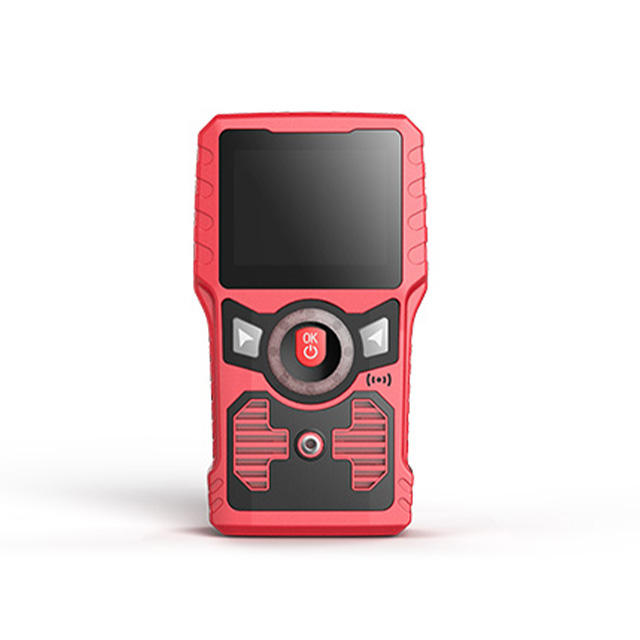News
do carbon monoxide detectors detect natural gas
No, carbon monoxide (CO) detectors are designed specifically to detect carbon monoxide and will not detect a natural gas leak.
Carbon Monoxide vs. Natural gas detectors: Know the Difference | Safety Guide
Here’s a detailed breakdown of why:
1. Different Gases, Different Hazards
Carbon Monoxide (CO): This is a byproduct of incomplete combustion. It is a toxic gas that is odorless, colorless, and tasteless. It is produced when fuels like gasoline, wood, propane, charcoal, or natural gas do not burn completely. CO is poisonous because it displaces oxygen in your bloodstream.
Natural Gas: This is a fuel source (primarily composed of methane) that is deliberately piped into homes to power appliances like furnaces, stoves, and water heaters. In its pure form, it is also odorless and colorless. However, for safety reasons, utility companies add a harmless chemical called mercaptan to give it that classic "rotten egg" smell so you can detect a leak.
2. Different Detection Technology
CO Detectors use electrochemical, biomimetic, or metal oxide semiconductor sensors that are specifically tuned to be sensitive to the molecular structure of carbon monoxide. They ignore methane.
Natural Gas Detectors are calibrated to detect methane (the primary component of natural gas) or sometimes propane. They use different types of sensors, such as catalytic or infrared sensors, designed to look for those specific fuel gases.
What You Need for Complete Protection
To be fully protected from both dangers, you may need different devices:
For Carbon Monoxide (CO): Use UL-listed carbon monoxide detectors. Install them on every level of your home, especially outside sleeping areas.
For Natural Gas Leaks: Use a **natural gas leak detector or a combustible gas detector. These are often labeled specifically for "natural gas" or "methane."
Combination Units: Some modern devices are dual-purpose detectors that can sense both carbon monoxide and combustible gases like methane or propane. If you want this convenience, you must look for a unit that explicitly states it detects both.
What to Do If You Suspect a Leak
If you smell the "rotten egg" odor of natural gas:
Do not turn any lights or electrical appliances on or off, as a spark could ignite the gas.
Do not use any phone inside the house.
Leave the building immediately.
Call your gas company's emergency line or 911 from a safe distance away from the building.
If your CO alarm sounds and you or family members have symptoms of CO poisoning (headache, dizziness, nausea, confusion):
Leave the building immediately and get to fresh air.
Call 911 or your local emergency number.
Do not re-enter the building until emergency services have declared it safe.
In summary: A standard CO detector will not alert you to a natural gas leak. They are designed for two separate threats and require separate (or a dedicated combination) detector for each. Always check the packaging of any detector you purchase to know exactly what it is designed to sense.

RELATED NEWS
- What is infrared flame detector? 2025-09-16
- UV IR Flame Detector with CE SIL 3C Certificates 2025-03-05
- gas leak detector 2025-01-13
- Will combustible gas detector sensor chlorine? 2025-01-05
- Will combustible gas detector sense chlorine? 2025-01-05
CATEGORIES
LATEST NEWS
CONTACT US
Contact:Ella Huang
Phone:+8613431039760
Tel:+8613431039760
Email:sales@lnalsafe.com
Add:Panyu District, Guangzhou City, Guangdong Province
 Ella Huang
Ella Huang Ella Huang
Ella Huang